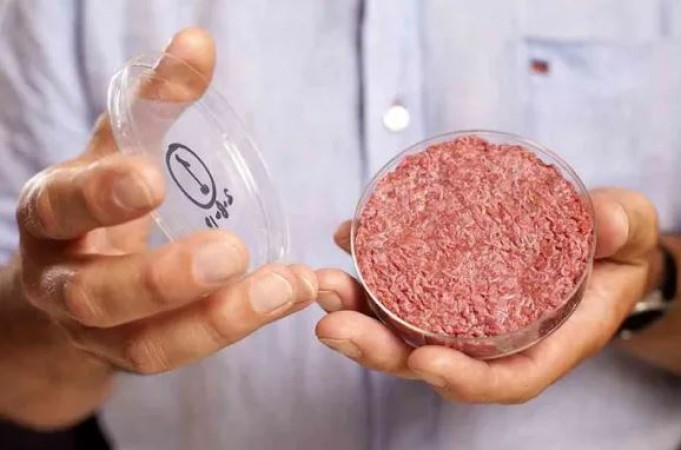
In recent years, the quest for sustainable and ethical alternatives to traditional meat has extended beyond human diets and into the realm of pet food. As concerns about the environmental impact of meat production grow, researchers and pet owners alike are exploring innovative solutions. One such solution gaining traction is the idea of using insect-based foods as an alternative to conventional meat in dog diets. This article delves into the potential of insect-based foods to replace meat alternatives for dogs, highlighting their nutritional value, environmental benefits, and the challenges in their widespread adoption.
Insects are rich in protein, offering a well-balanced amino acid profile that is crucial for the health of dogs. High-quality protein is essential for muscle development, immune function, and overall vitality. Insect-based foods provide a sustainable source of protein that can effectively replace traditional animal-based protein sources.
Beyond protein, insects offer a range of essential nutrients such as vitamins, minerals, and healthy fats. They are particularly rich in omega-3 and omega-6 fatty acids, contributing to a dog's healthy skin and coat, as well as supporting cardiovascular health.
For dogs with allergies to common protein sources like beef or chicken, insect-based foods can provide a viable alternative. Insects are novel protein sources, which can reduce the risk of triggering allergic reactions in sensitive dogs.
The meat industry's impact on greenhouse gas emissions is a growing concern. Insect farming produces significantly fewer emissions compared to traditional livestock farming. Insects require less land, water, and feed to thrive, making them an environmentally friendly option for pet food.
Meat production demands substantial resources, from water to feed crops. Insects are incredibly efficient at converting feed into protein, requiring fewer resources overall. This efficiency translates to less pressure on natural resources and ecosystems.
The expansion of livestock farming has led to deforestation in many parts of the world. Insects can be farmed vertically and indoors, minimizing the need for large areas of cleared land. By choosing insect-based dog food, pet owners can contribute to the preservation of vital forested areas.
One of the main hurdles to adopting insect-based foods for dogs is cultural acceptance. Many pet owners are accustomed to traditional meat sources and may be hesitant to introduce insect-based diets to their pets. Educating the public about the benefits and safety of these alternatives is crucial.
The pet food industry is highly regulated to ensure the safety and health of animals. Introducing insect-based foods requires navigating these regulations to guarantee that these products meet the necessary standards for quality and safety.
Developing a reliable supply chain for insect-based ingredients is essential for consistent production. Establishing partnerships with insect farmers and ensuring a steady supply of high-quality ingredients may pose challenges in the initial stages.
The future of pet food is evolving, driven by a desire for more sustainable and ethical choices. Insect-based foods have emerged as a promising solution to replace traditional meat alternatives for dogs. With their nutritional value, reduced environmental impact, and potential to address resource challenges, insect-based foods offer a compelling option for conscious pet owners looking to make a positive impact on both their pets' health and the planet.
5 surprising advantages of Brussels sprouts for your skin
How Much Screen Time Has an Effect on Mental Health? 5 Strategies for Balancing a Digital Worklife
Which Scrubbing Bath Glove Is Best For You Between Loofah and Exfoliating?